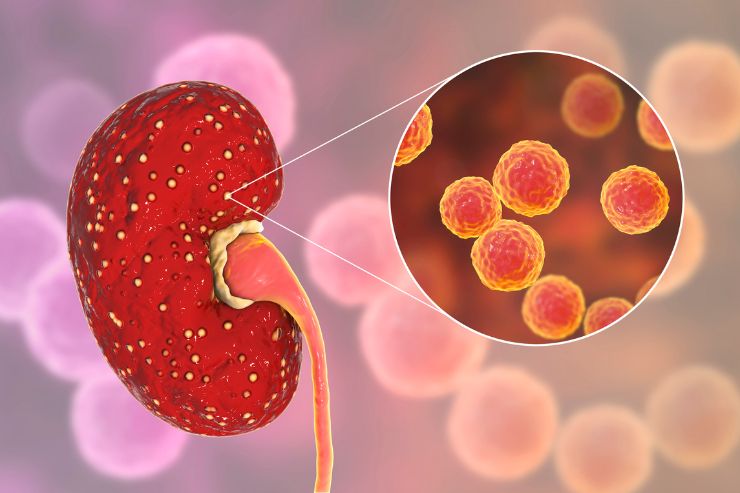
At Shri Balaji Diagnostics and Polyclinic, we are committed to providing comprehensive care for patients with acute kidney failure, also known as acute renal failure. Our state-of-the-art facilities, advanced diagnostic techniques, and multidisciplinary team of specialists ensure that patients receive the highest standard of care. Acute kidney failure requires prompt diagnosis and treatment to prevent serious complications, and our dedicated team is equipped to handle all aspects of this complex condition.
Acute kidney failure occurs when the kidneys suddenly lose their ability to filter waste products from the blood. This can lead to the accumulation of harmful substances in the body, disrupting the balance of fluids and electrolytes. Acute kidney failure can develop rapidly, often within a few days, and requires immediate medical attention.
Accurate diagnosis is critical for the effective treatment of acute kidney failure. At Shri Balaji Diagnostics and Polyclinic, we utilize advanced diagnostic tools and techniques to assess kidney function and identify the underlying causes of acute kidney failure.
Diagnostic Services Include:
Treatment for acute kidney failure focuses on addressing the underlying cause, managing symptoms, and preventing complications. Our multidisciplinary team develops personalized treatment plans tailored to each patient’s specific needs.
Common Treatment Approaches Include:
Shri Balaji Kidney Care hosts top-notch nephrologists and pathologists to deliver expert care. Our state-of-the-art facility offers advanced diagnostics and specialized treatments to ensure your optimal health. Trust our dedicated team to provide personalized, compassionate care for all your medical needs.